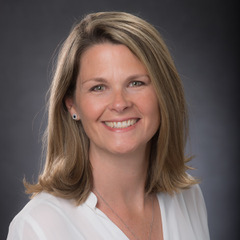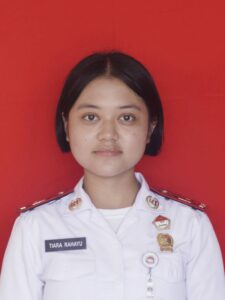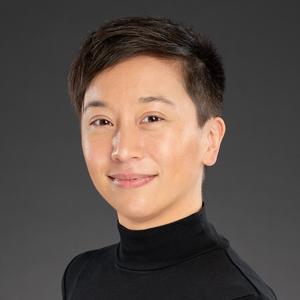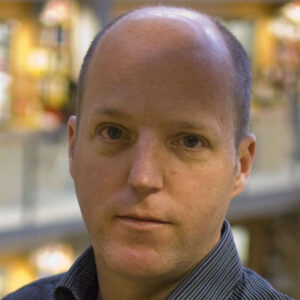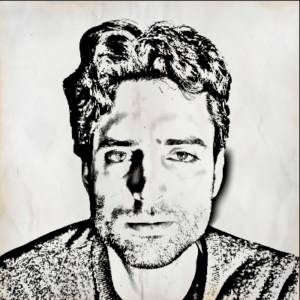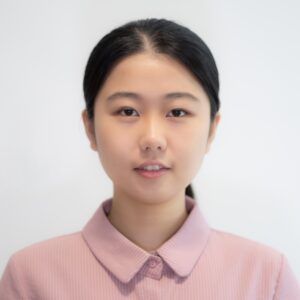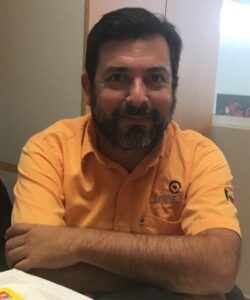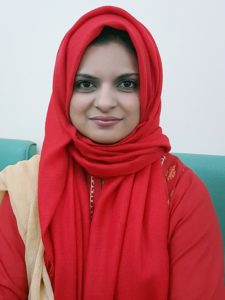Applicants
-
marie migaud
I am a French-trained Chemist/Chemical Engineer with a PhD in organic synthesis from Michigan State University, postdoctoral training at the University of Bath and Oxford. My first independent academic position was at Queen’s University Belfast (Chemistry) in 2000. I was appointed first in faculty of science and engineering, then requested a joint appointment with the Center for Cell Biology and Cancer Research, and ultimately moved to the School of Pharmacy to fully exploit the collaborative network that my moving within the institution had allowed me to create. In 2016, I left my permanent UK academic position to join the Mitchell Cancer Institute at the University of South Alabama, after a sabbatical year in the department of Biochemistry at the Carver College of Medicine in Iowa. I seek to accelerate translational research programs through basic research in chemical biology and synthetic chemistry.
More specifically, I pursue chemical research on canonical and non-canonical nucleotides and dinucleotides in the context of cell bioenergetics and signaling. I direct biology-focused research projects supported by bespoke organic synthesis and knowledge-based metabolomics and RNA/DNAomics research. My laboratory’s activities focus on synthesizing nucleosidic isotopologues, nucleotide-derived cofactors, and catabolites and develop analytical platforms that help unravel their role in diseases linked to genomic and metabolic mitochondrial dysfunction. Key to our research efforts are novel synthetic methodologies of isotopically labeled and modified nucleos/tides using mechanochemistry to allow atom-efficient syntheses.
